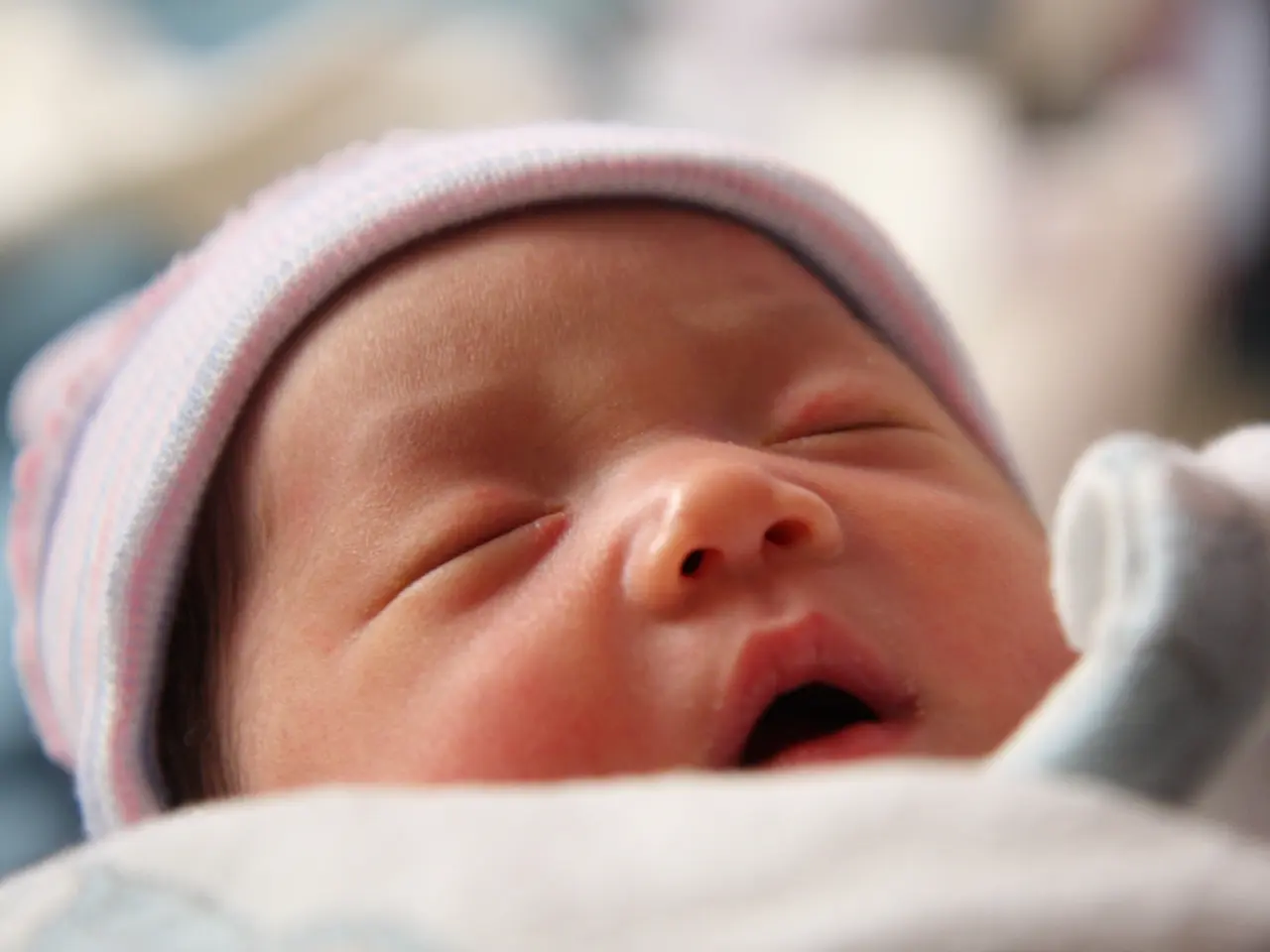Children's Sleep Disorder: Signs, Triggers, and Remedies
Narcolepsy, a chronic sleep disorder affecting approximately 1 in 2,000 people, can present challenges for children. However, various resources are available to help both children and their families navigate this condition.
Online Support Groups
Online support groups can provide a valuable resource for children with narcolepsy. Some popular options include Wake Up Narcolepsy, Narcolepsy Kids and Parent Support Group, Narcolepsy Network, and Meetup. These platforms offer emotional support and the opportunity to connect with others going through similar experiences.
Recognising Symptoms
Narcolepsy symptoms often manifest in childhood, adolescence, or young adulthood. Common signs include excessive daytime sleepiness, sudden sleep episodes, cataplexy (loss of voluntary muscle control), vivid and dreamlike hallucinations, and unusual facial expressions or choreic-like movements. If you suspect your child may have narcolepsy, it's essential to consult their medical doctor.
Diagnosis and Treatment
An accurate narcolepsy diagnosis requires a detailed medical history and a physical examination to rule out other conditions. A sleep disorder clinic may perform a Polysomnogram (PSG) and a Multiple sleep latency test (MSLT) to confirm the diagnosis.
Once diagnosed, treatment options for children typically involve medications and lifestyle changes. Many choose to pursue medication as part of a treatment plan, with stimulants helping children stay awake and antidepressants treating disrupted sleep, cataplexy, hallucinations, and sleep paralysis.
Lifestyle Modifications
Suggested behaviour modifications include maintaining a regular sleep/wake schedule, exercising daily, relaxing before bedtime, and avoiding heavy meals before bedtime. These changes can help improve sleep quality and reduce daytime sleepiness.
The Importance of Support
A support group can offer emotional support and help children with narcolepsy connect with others going through the same experience. Untreated narcolepsy in children can disrupt many aspects of their life and result in notable stress. However, with proper treatment and support, children with narcolepsy can live a full and rewarding life despite the challenges of the disorder.
Ongoing Research
Research on the causes of narcolepsy in children focuses on genetic predispositions, autoimmune responses, and abnormalities in neurotransmitter systems such as reduced dopamine levels in cerebrospinal fluid. Additionally, links to comorbid conditions like ADHD are studied, suggesting complex neurobiological interactions involved in narcolepsy onset during childhood.
Awareness and Early Detection
It's essential to raise awareness about narcolepsy, as the condition can sometimes be underdiagnosed or misdiagnosed, taking years to be correctly diagnosed. Early detection and treatment can significantly improve the quality of life for children with narcolepsy.
While there is no current cure for narcolepsy, treatment options can help reduce sleepiness and improve alertness. With the right support, children with narcolepsy can thrive and lead fulfilling lives.
Read also:
- Peptide YY (PYY): Exploring its Role in Appetite Suppression, Intestinal Health, and Cognitive Links
- Toddler Health: Rotavirus Signs, Origins, and Potential Complications
- Digestive issues and heart discomfort: Root causes and associated health conditions
- House Infernos: Deadly Hazards Surpassing the Flames








